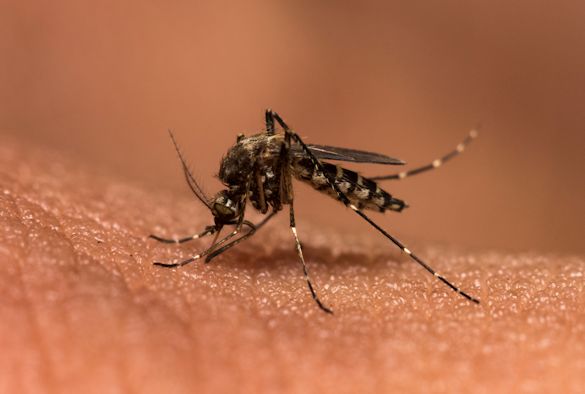
The University of Liverpool, along with the Liverpool School of Tropical Medicine (LSTM) and the Japanese pharmaceutical company, Eisai, have received funding from the Global Health Innovative Technology (GHIT) Fund to continue the development of a new antimalarial compound, E209.
E209 was discovered through joint research by the University and LSTM and is a novel tetraoxane-based second generation antimalarial candidate compound.
Research so far has shown that it is rapidly acting and shows efficacy against all types of malaria parasites, which means that it could be effective in patients for whom artemisinin-based malaria treatments are ineffective due to resistance.
The award means that the team will now prepare the compound for candidate selection and marks an important step on the journey to becoming a new drug in the fight against malaria.
Professor O’Neill, Head of the Medicinal Chemistry Team at the University that developed E209, said “ This new award, which follows on from initial Medicines for Malaria Venture (MMV) funding , will enable us to continue to develop E209 as an alternative to the natural product derived artemisinins .
“With growing evidence of resistance to all current antimalarial therapies, it is vitally important that we are able to move ahead with this compound which, at this stage, appears to be effective against all plasmodium parasites.”
The GHIT Fund facilitates and funds global partnerships for the discovery and development of new health technologies, including drugs, vaccines and diagnostics, for infectious and neglected tropical diseases prevalent in developing countries.